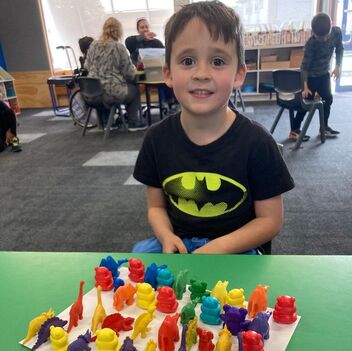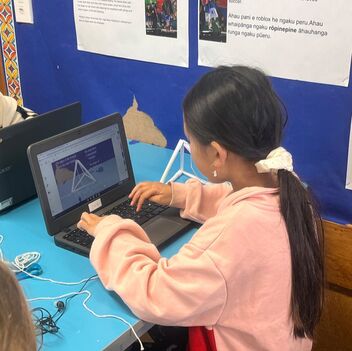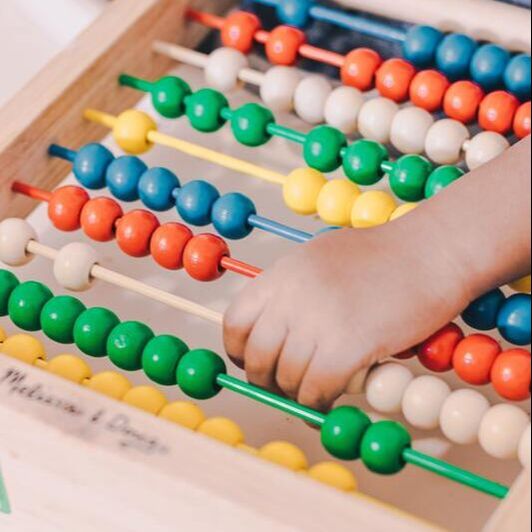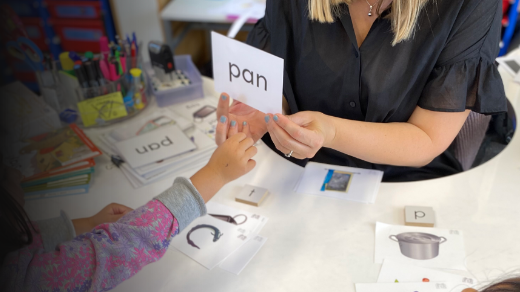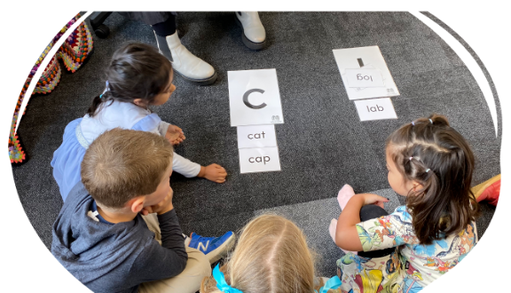Literacy and Mathematics
Mathematics in action at Miramar Central School
Students here at Miramar Central School will be … thinkers, talkers, sense makers, problem solvers who collaborate together to contribute to their own and others’ learning, engaged and successful.
The mathematics and statistics learning area has been refreshed as part of Te Mātaiaho - the refreshed New Zealand curriculum. Although it officially starts in 2025, our teachers are continuing to develop best practice in mathematics, building their teacher capability, helping students to reach their potential, linking mathematics to real world experiences and increasing problem based maths tasks which are rich and meaningful.
We continue to build upon the current practice which focuses on the Teacher Inquiry Model (supporting teachers in professional development), sharing of good practice and resources. Moderation and regular student progress meetings at team meetings will focus on good practice, sharing of ideas and robust collaborative sensemaking conversations around data and next steps.
The mathematics and statistics learning area has been refreshed as part of Te Mātaiaho - the refreshed New Zealand curriculum. Although it officially starts in 2025, our teachers are continuing to develop best practice in mathematics, building their teacher capability, helping students to reach their potential, linking mathematics to real world experiences and increasing problem based maths tasks which are rich and meaningful.
We continue to build upon the current practice which focuses on the Teacher Inquiry Model (supporting teachers in professional development), sharing of good practice and resources. Moderation and regular student progress meetings at team meetings will focus on good practice, sharing of ideas and robust collaborative sensemaking conversations around data and next steps.
Better Start Literacy
In 2023 we introduced ‘The Better Start Literacy Approach’ (BSLA) to teach early literacy in the Pōhutukawa classrooms (Year 1 through to 3). This is because we want to support every child with the ability to read well and develop a love of reading.
Evidence-Based Literacy Teaching
This approach comes from the University of Canterbury Child Well-Being Research Institute and is a structured literacy approach, specifically designed to support New Zealand students in Years 0-2. It teaches phonological awareness (sound knowledge) in a systematic way through targeted and explicit instruction of sounds, games and fun activities.
In class, we will share exciting story books that will help to grow the number of new and interesting words that your children can use and understand when talking. We will also be playing games that develop your child’s phonological knowledge and their awareness of the sounds within words. This area is particularly important to help your child learn to read and spell.
Children will receive:
Kupu Māori in the Ready to Read Phonics Plus books
The books are designed to teach the reading of English, and the letter-sound correspondences in English. The kupu Māori is introduced, alongside other English high utility words and children will use their knowledge of known letter sound patterns as well as visual recognition and meaning to help them read the words.
How You Can Help at Home
Your child will not bring home a book every night to read, however there are many ways to support your child's early reading development:
For more information on The Better Start Literacy Approach, please click on the link.
Evidence-Based Literacy Teaching
This approach comes from the University of Canterbury Child Well-Being Research Institute and is a structured literacy approach, specifically designed to support New Zealand students in Years 0-2. It teaches phonological awareness (sound knowledge) in a systematic way through targeted and explicit instruction of sounds, games and fun activities.
In class, we will share exciting story books that will help to grow the number of new and interesting words that your children can use and understand when talking. We will also be playing games that develop your child’s phonological knowledge and their awareness of the sounds within words. This area is particularly important to help your child learn to read and spell.
Children will receive:
- daily phonics instruction, targeted to their needs
- small group reading instruction
- regular assessment and tracking
Kupu Māori in the Ready to Read Phonics Plus books
The books are designed to teach the reading of English, and the letter-sound correspondences in English. The kupu Māori is introduced, alongside other English high utility words and children will use their knowledge of known letter sound patterns as well as visual recognition and meaning to help them read the words.
How You Can Help at Home
Your child will not bring home a book every night to read, however there are many ways to support your child's early reading development:
- read picture books together and talk about the story
- practice reading the poem that your child brings home each Friday
- there may be a sound/letter of the week sent home with your child to practise.
- games can be played that support what is being taught in the classroom
- reading library books with them.
For more information on The Better Start Literacy Approach, please click on the link.

